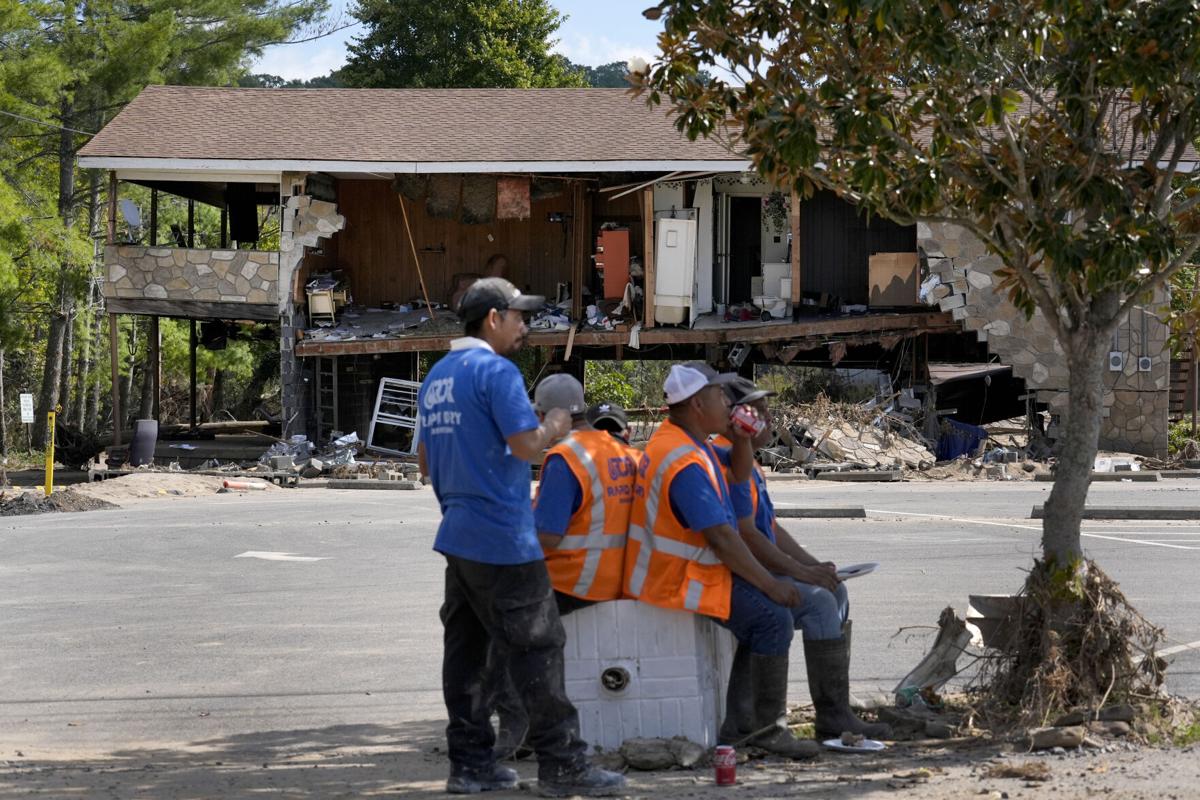In recent news, a troubling case has emerged, shedding light on the vulnerability of certain individuals and the importance of safeguarding their rights and assets. Dahamara Cuervo Alonso, a 48-year-old home health worker, stands accused of exploiting her position to perpetrate a heinous act of theft against her vulnerable clients in Miami-Dade. This advisory blog aims to dissect the details of this case and offer insights into preventing such exploitation in the future.
The Victims
The two victims of the alleged real estate scam were in a vulnerable position due to their health issues and reliance on assistance. The 86-year-old mother was suffering from cognitive decline, likely making it difficult for her to understand complex documents or potential deceit fully.
As cognitive skills often diminish with age, she may have struggled to comprehend the full scope of what she was signing. Her 51-year-old son also faced physical disabilities, though the article does not specify the nature or severity. Both victims required help from outside caregivers to complete basic daily activities.

Needing support meant opening their home to a stranger, the defendant Dahamara Cuervo Alonso. In a position of trusting her to provide sensitive medical care and aid, they may not have seen her as a potential threat.
As immigrants residing in Miami's Little Havana neighborhood where mainly Spanish was spoken, language barriers also put them at risk of being misled. Due to their impairments and dependence on others, they represented attractive targets for someone seeking to exploit vulnerabilities for illegal gain. The victims had likely worked hard and owned their homes for many years, only for their health challenges to leave them defenseless against betrayal.
Related: Exploring Sam Bankman-Fried's Bahamas Real Estate Saga
The Deceptive Scheme
Dahamara Cuervo Alonso allegedly took advantage of her trusted position as a home health aide to systematically deceive vulnerable victims. Rather than simply providing medical care, she saw an opportunity to exploit their weaknesses for financial gain through real estate theft.
Regularly, Cuervo Alonso had the victims sign documents, deceitfully telling them it was only to confirm the hours she worked. However, the fine print of these documents was much more impactful - it slowly transferred ownership of the apartment from the rightful owners to Cuervo Alonso herself.

Due to language barriers and cognitive limitations, the victims were unaware of the life-changing implications of their signatures. Cuervo Alonso carefully cultivated her deception over numerous interactions to ultimately achieve her end goal of attaining the property through fraudulent means.
It was a calculated violation of trust that left the family homeless and robbed them of the financial security of an asset they had held for years. Only by chance was the scheme uncovered, demonstrating the premeditated manner in which the defendant allegedly targeted and took advantage of the victims.
Related: The Impending Commercial Real Estate Crisis: Insights From Kevin O'Leary
Discovery and Legal Action
The victims would have remained unaware of the betrayal had the son not taken proactive steps to uncover the truth. In a fortuitous turn of events, he came across a YouTube video raising awareness about quit claim deed scams.
This caused him to become suspicious of changes to his family's home ownership. Using an online property records search, he made a startling discovery - the deed had been surreptitiously signed over to Dahamara Cuervo Alonso without their consent.

Alerted to the scheme, the son rightfully involved law enforcement to seek justice. The Miami-Dade State Attorney's office vigorously pursued legal recourse, recognizing the severe criminal nature of exploiting vulnerable citizens.
Cuervo Alonso now faces charges of exploitation of the elderly, grand theft over $100,000 for the property value, and organized scheme to defraud - all felonies carrying substantial penalties. Her deceitful actions victimized those unable to defend themselves, betraying social trust. The legal consequences aim to punish wrongdoing, protect others, and potentially make the victims whole again through restitution.
Exploitation and Vulnerability
At the core of Cuervo Alonso's alleged actions is the cold-blooded exploitation of her victims' vulnerability. She deliberately targeted their cognitive disabilities and language difficulties to deceive them into unknowingly relinquishing their home.
Cuervo Alonso leveraged the power imbalance, knowing full well that due to their impairments, the victims could not understand what they were truly signing away. Their dependence on her assistance meant placing full trust in the aide without suspicion.
It was the victims' vulnerability, not malice or greed on their part, that made them prey to unscrupulous manipulation. This case underscores society's duty to vigilantly protect those most at risk of exploitation due to age, disability, or other factors outside their control.
When vulnerability intersects with deceit, abuse is not far behind. Greater oversight of at-risk individuals and more stringent safeguards against deception are needed. This disturbing scheme reminds us that where vulnerability exists, so too may lurk those willing to inflict lasting harm by violating social trust for illicit gain.
Related: Market Insights: Baby Boomers And The Lock-In Effect
Safeguarding Measures
This disturbing case highlights the need for strengthened preventative measures to safeguard vulnerable populations from exploitation. More robust oversight of home health workers is warranted, beginning with rigorous background screening to verify credentials and check for any past offenses.
However, screening alone is insufficient without ongoing accountability throughout employment. Regular performance evaluations, unannounced inspection visits, and a reporting system for any suspicious behaviors could help curtail misconduct.
Additionally, simple procedural safeguards for high-risk individuals may serve as both protection and deterrent. For example, requiring an independent witness for important documents about property, finances, healthcare directives, etc.
This additional verification creates a high hurdle for deception while providing peace of mind. Education is also pivotal - caregivers and families must understand common schemes so potential abuse is promptly recognized.
With increased awareness and systematic preventative actions, the opportunity and inclination for those with ill intent to target society's most defenseless can be curtailed. Ultimately, safeguarding the vulnerable requires vigilance from the entire community.
Empowering Vulnerable Communities
Prevention also necessitates empowering vulnerable groups directly through education and community outreach. While oversight and procedural safeguards help externally, individuals must be equipped internally to recognize threats and exercise their own agency.
Targeted initiatives to raise awareness among at-risk populations about common forms of abuse and available resources can help impart knowledge and confidence. For non-English speakers especially, multi-lingual handouts, workshops, and multimedia public service campaigns disseminate critical information.
Legal aid clinics that offer translation can ensure individuals understand matters impacting their property, health, or finances. By learning their rights and available recourse, individuals gain empowerment over decisions affecting their lives.
Community centers and advocacy groups can further facilitate open dialogue to identify locally tailored solutions and build trust in protective systems. With more accessible assistance, vulnerable citizens feel supported in decision-making and know where to turn should issues arise. An empowered community collaborates with oversight bodies to form a united front against those seeking harm through deception or coercion.
Related: A Triumph For Consumers: Refunds Granted In Response To Deceptive Real Estate Scheme
Conclusion
The case of Dahamara Cuervo Alonso serves as a stark reminder of the importance of vigilance and proactive measures in safeguarding vulnerable individuals from exploitation. By fostering a culture of accountability, implementing stringent safeguards, and empowering communities, we can strive towards a society where such egregious acts are prevented, and the rights of all individuals are upheld. Let us remain vigilant and united in our efforts to protect the most vulnerable.
Source: Home Health Worker Accused Of Stealing Real Estate From Vulnerable Victims | Local 10





